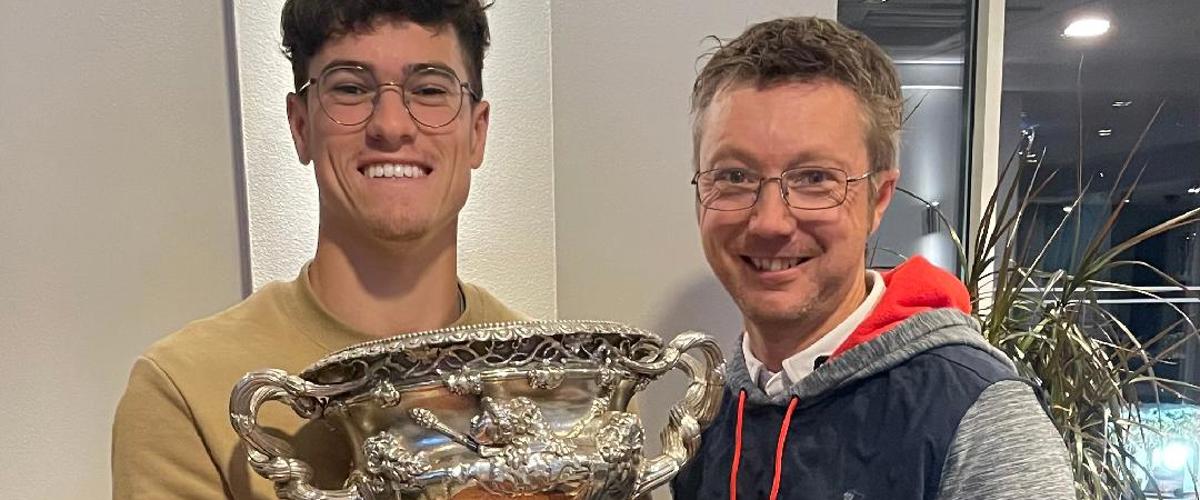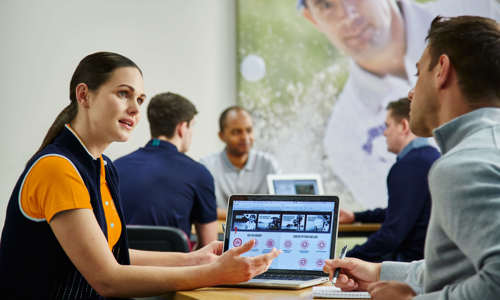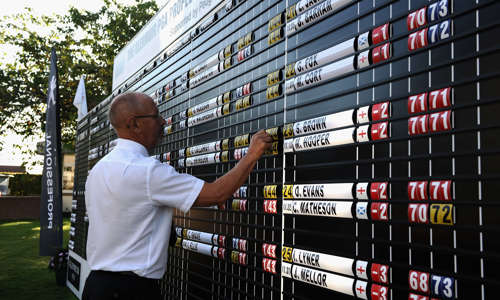Early development and multi-sport approach: Starting from a young age, Joe engaged in various sports, which helped in his overall athleticism and coordination. Rather than solely focusing on golf, he was encouraged to explore different activities, laying a solid foundation for his physical development.
Gradual transition to golf: While Joe explored multiple sports, golf emerged as his primary focus as he entered his teenage years.
Supportive environment: Establishing a strong relationship with Joe's parents was crucial in providing consistent guidance and support throughout his journey. This collaboration ensured that everyone involved was on the same page regarding Joe's development and goals.
Competitive experience: Competing in national events provided valuable opportunities for Joe to test his skills and gain self-awareness. Rather than solely focusing on winning, the emphasis was on using these competitions as learning experiences and setting achievable goals for improvement.
Managing expectations: Recognising Joe's physical limitations, particularly in terms of distance off the tee, allowed for realistic expectations to be set. Instead of putting undue pressure on winning, the focus was on continual improvement and personal bests.
Technical development: As Joe's game progressed, a more technical approach became necessary. This involved bringing in experts from various fields to provide specialised knowledge and support, ensuring Joe's development was thorough and well-rounded.
Overcoming adversity: Dealing with injuries, such as the one Joe experienced requiring a lengthy recovery period, is part of the journey for many athletes. Overcoming set-backs like this requires resilience and a supportive network, both of which seem to have been present in Joe's journey.
Success as an amateur and collegiate game: Winning the English Amateur Championship and the Valero Collegiate showcased Joe's talent and dedication. These achievements not only validate his hard work but also open doors to higher levels of competition, such as the PGA Tour.





































